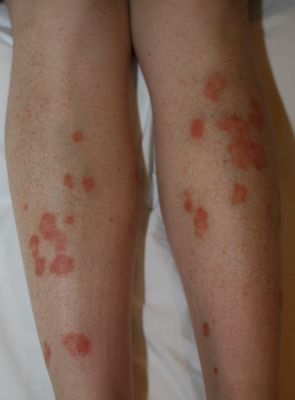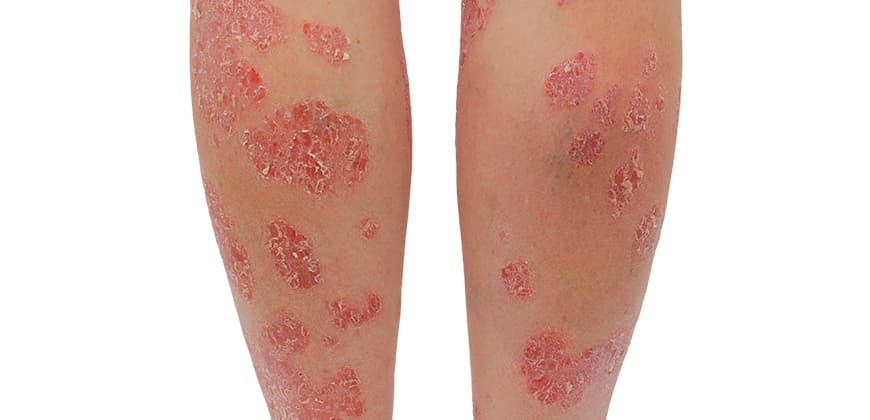
There are several different ways to treat psoriasis. For small patches, ointments and creams are the most common treatments. If you have larger patches, other forms of treatment may be required, including surgery or other procedures. Your doctor will also discuss the history of your condition, including family history. If you have joint pain, other treatments may be needed as well, including physical therapy and medication.
If your psoriasis is affecting the joints, you should see a doctor as soon as possible. While some people are able to reduce their symptoms with the use of ointments, others require a prescription. Regardless of the cause, treating psoriasis with ointments can help alleviate pain and stiffness. In severe cases, psoriasis may progress to psoriatic arthritis, which can be disabling and even lead to permanent deformity. In addition, cosmetic cover-ups can be used to mask plaques and reduce the itching. But, make sure not to apply them to a sore or an unhealed lesion.
The diet you eat can have an impact on how to treat psoriasus on legs. Avoiding red meat, refined sugars, carbohydrates, alcohol, and processed food may help reduce the symptoms. If you must eat meat, try to eat fish such as salmon, tuna, or mackerel. Eating cold water fish helps reduce the inflammation in the skin. Olive oil and apple cider vinegar applied topically to plaques can provide soothing benefits.
There are also treatments for people with psoriasis who want to conceal their scaly patches. Anthralin, a tar-based topical cream, can be applied to the affected areas to remove scales. Although anthralin is a good treatment for psoriasis, it can also irritate the skin. For this reason, it is important to seek a qualified dietician for advice on the best way to deal with psoriasis.
Fortunately, many people with psoriasis do not have to undergo surgery. In fact, most psoriasis patients find comfort in support groups. A support group provides emotional support, as well as education. While surgeries may be necessary, the disease can be treated with proper diet and exercise. Those who are overweight or obese should seek medical advice to ensure they don’t have a heart condition.

The best way to treat psoriasis is to see a doctor. There are various medications that can reduce the inflammation and itching associated with the disease. However, these treatments may not be effective for patients with mild psoriasis. Those with severe symptoms can choose between a variety of dietary plans and ultraviolet light treatments. In addition, it is important to consult with a qualified dietitian before opting for any particular treatment.
If you suffer from psoriasis on your feet, you should avoid using cosmetics. The use of cosmetics may hide the symptoms of the disease, but may cause irritation. If your skin is irritated, you should see a dermatologist. If you have severe psoriasis, it is best to seek treatment from your doctor. Your doctor can help you choose the right treatment and also give you advice ยารักษาโรคสะเก็ดเงินที่ดีที่สุด.
Other treatments for psoriasis on the feet include reducing the inflammation caused by the disease. Diet and lifestyle changes can help reduce the occurrence of flare-ups. You can avoid red meat and refined sugar to reduce your risk of flare-ups. You can also eat cold water fish and omega-3 fatty acids. In addition, you can use creams and lotions to cover up itching and swelling. While these treatments may temporarily cover up plaque, they can irritate the skin and make the condition worse.
Depending on the severity of the disease, there are various treatments for psoriasis. Among them, a healthy diet and regular exercise are essential to maintain a healthy weight. In addition to limiting your alcohol intake, you should also avoid sun exposure, which can make your symptoms worse. If you have psoriasis on your feet, try to avoid excessive sun exposure and smoking.

